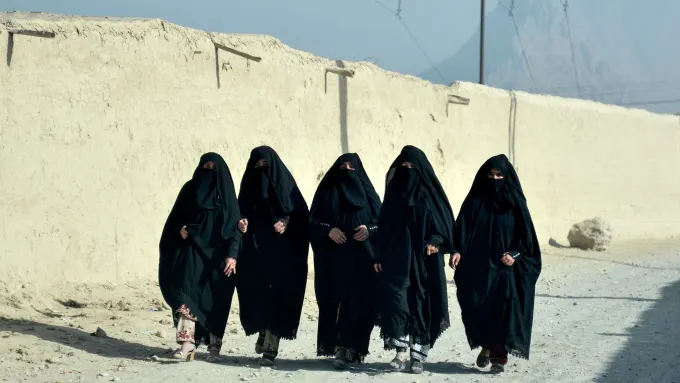
In a severe blow to women’s rights, the Taliban announced on Sunday night that all national and foreign non-governmental organizations (NGOs) employing Afghan women will be closed. This move marks the latest chapter in the Taliban’s ongoing crackdown on women’s rights since they regained power in August 2021.
The Economy Ministry’s letter, published on social media platform X, warned that any NGO failing to comply with the order would have its operating license revoked. The decree is the continuation of a directive issued two years ago, which required NGOs to suspend the employment of Afghan women for allegedly not adhering to the proper Islamic dress code, including wearing the headscarf.
Florencia Soto Nino-Martinez, a spokesperson for the United Nations, expressed concern over the growing humanitarian crisis in Afghanistan. “This really impacts how we can provide life-saving humanitarian assistance to all the people in Afghanistan,” she said. “We are very concerned by the fact that half of the population’s rights are being denied, and many are living in poverty and facing a severe humanitarian crisis.”
The new restrictions come amid reports that more female Afghan humanitarian workers are being prevented from carrying out vital relief work, with the Taliban’s morality police increasingly targeting both male and female staff. Despite the growing challenges, the Taliban has denied accusations of interfering with aid agencies’ activities.
The latest decree also includes a directive from Taliban leader Hibatullah Akhundzada, mandating that buildings must not have windows that overlook areas where women might be present, such as kitchens or yards. The order applies to both new and existing structures, requiring property owners to obscure any such views with walls, fences, or screens.
The United Nations has called for the reversal of this decree, emphasizing its detrimental impact on Afghan women.
As the Taliban continues to impose restrictions on women’s rights, including barring women from education beyond sixth grade, international bodies remain vocal in urging the government to reverse these measures, which have significantly limited the rights and freedoms of half the country’s population.







